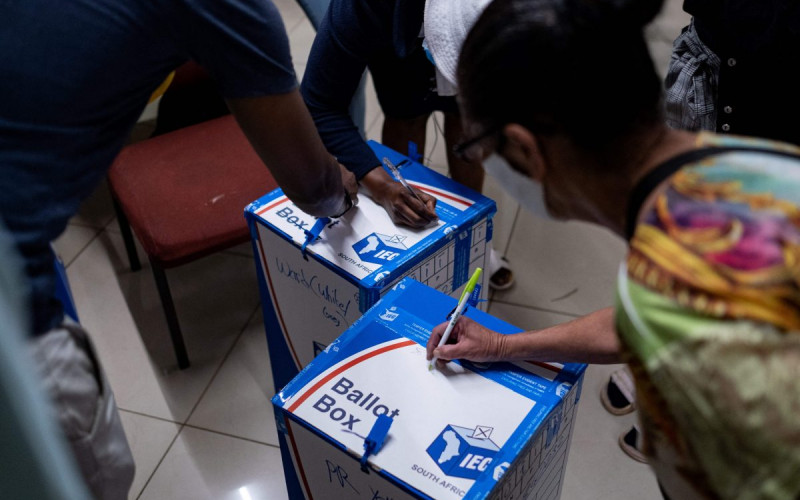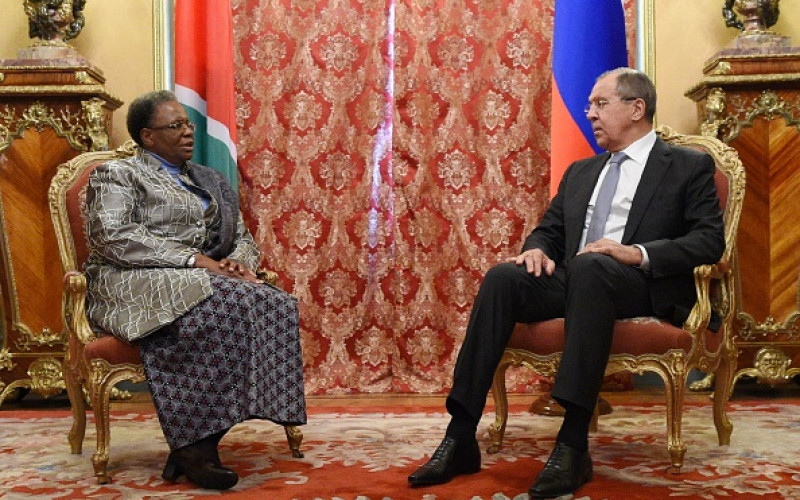Gawaya Tegulle, writing in the September 10, 2007 edition of this newspaper, certainly seems to think so. He raises some pertinent concerns about the validity of a project that is being hampered by a leadership apparently not ready to be evaluated for its governance performance.
He has a point. In many cases, the political establishment is not willing to open up political space and allow debate on governance matters. Even in the continent’s model democracy – South Africa – the APRM process was not immune to claims about political interference.
Part of the issue is that the APRM has a diplomatic dimension – the performance of governments is discussed in a variety of African public fora, which can be potentially embarrassing to leaders. APRM officials are disinclined to rock the boat for fear that countries may decide to withdraw from the process, or put off others from joining in the first place.
And then there are the leaders themselves, who are not really willing to ‘peer review’ one another. If you criticise, you will be criticised – their reasoning goes – and criticism is the last thing that any leader invites.
Yet the APRM opens up new doors for African civil society. It is the first African-led programme that acknowledges the role of civil society as a key instrument in the continent’s political transformation, and calls on civil society to make a contribution. It follows therefore that civil society should make use of this platform to push hard for policy change. As our political history demonstrates, change in Africa has often been spearheaded by strong, outspoken social movements.
For example, in South Africa, HIV/Aids activists turned government’s position upside-down forcing them through courts to provide free anti-retroviral drugs for HIV positive people. In Zambia, the OASIS Forum, among others, played a key role in blocking Chiluba’s attempt to change the constitution and run for a third presidential term. The APRM is no different in that civil society needs to mobilise its members to influence the process.
I recall speaking to a civil society activist in Senegal recently, who was complaining about the government’s lack of consultation with civil society. I asked her what her organisation had done to ensure its voice was heard. She answered: “We did nothing because we were not invited”. But, civil society does not need an invitation to participate. If needed it can show up uninvited and publicly raise its concerns.
Yes, it is not easy to gain access to a complex process like the APRM. Neither is it easy to influence its outcome. But the space is there to be used. And for civil society to take advantage of it, it needs to be aware of its rights.
So what does the APRM say specifically about civil society involvement? The APRM was conceived as a consultative process. The official guidelines for countries preparing to participate in the APRM clearly stipulate that “public participation in the APRM process is itself a central aspect of enhancing the state of governance.”
Civil society is entitled, therefore, to participate in the process from launch to implementation. And although Uganda is at an advanced stage of its review, with the Country Review Mission due to visit the country in mid-October, there is still time to mobilise and influence.
Those CSOs who wish to be effective should have a strategy to make their views known. One way of exercising influence is by preparing written submissions highlighting civil society’s key concerns – including a lack of consultation, if this is indeed the case. Submissions can be handed over to the Review Mission during its visit. CSOs can also use the media to draw attention to their concerns.
The APRM provides a timely and useful chance to generate change – or at least put pertinent issues on the table. And despite the difficulties of operating in a restrictive political environment, there are always ways of making one’s concerns public. So, to civic society in Uganda I say, carpe diem (seize the day)!





